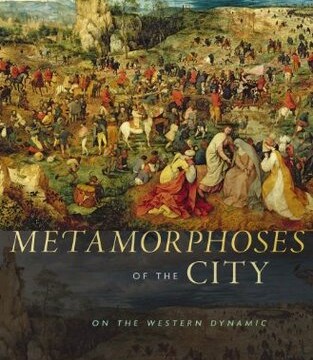As I was reading my monthly Bible—guess what that is—I came across an enthusiastic review of a book, written by a French political philosopher, Pierre Manent, entitled Metamorphoses of the City. I rushed to buy a copy. The book purports to be an account of the evolution of European political systems from the days of...


